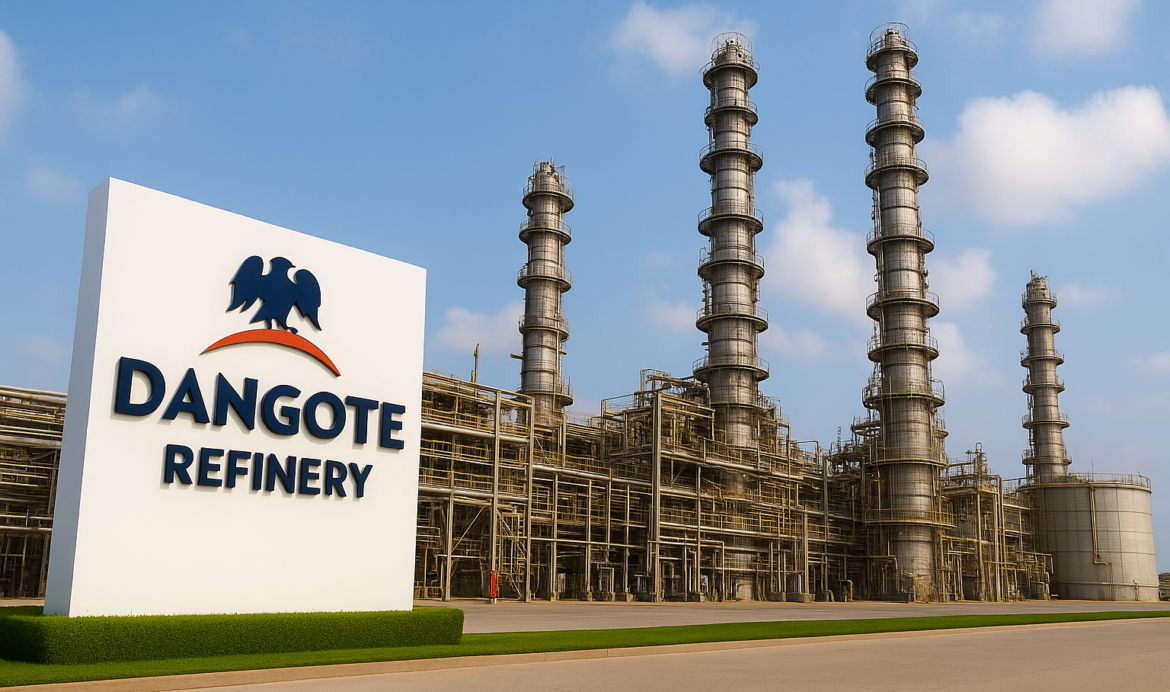Owing to the dangers associated with climate change and the increasing need to protect the planet to reverse the trend, there has been a global effort to reduce the carbon footprint which is mostly caused by the exhaust fumes of Internal Combustion Engine vehicles. As a result of this, governments and organizations around the world are pushing for a shift from the use of fossil fuels (crude oil) as the primary source of energy to the use of greener sources of energy as a means of protecting the planet.
Leading the charge in the global quest to protect the planet is the European Union (EU) and as a result of this, they have banned the production of Internal Combustion Engine vehicles in the region with effect from the year 2035 while aggressively promoting the use of Electric vehicles (EVs), Hybrid vehicles, alternative fuels like biofuel and hydrogen, and emission-reducing technologies.
This shift from Internal Combustion Engine Vehicles to alternative technologies using greener sources of energy effectively sounded the death knell for European refineries that depend on the consumption of petroleum products for the sustenance of their operations as petroleum products as a source of energy are expected to be phased out over the next twenty to thirty years.
While still tolerating the use of derivatives of fossil fuels like petrol, diesel and kerosene, the European Union is has gone ahead to start implementing it’s “Fit for 55” legislative package which proposes to reduce greenhouse gas emissions by 55% by the year 2030. Included in this package is the legislation demanding lower carbon content for fuel approved for sale within the European Union.
Based on the legislation that only low carbon emission fuels are permissible to use in Europe, many of the old refineries that are not capable of producing the quality of fuel approved for use in Europe decided to focus on West Africa for the sales of their products as there isn’t any legislation prohibiting the sale of high carbon emission fuel in Africa. As a result of this, Nigeria which is the most populous country in Africa and until recently the biggest economy in Africa, became the biggest off-taker of substandard fuel from Europe with over $10 billion worth of petroleum products imported into the country annually.
While Nigeria has for decades been importing refined petroleum products from Europe and Asian countries, in reality the country had no business importing these products being one of the biggest crude oil producers in the world and also owning four refineries of its own. However, due issues bordering on corrupt administration of the refineries and suspected cases of deliberate sabotage, the government owned refineries have failed to produce any fuel in over a decade thus leaving the country fully dependent on imported petroleum products.
It was based on this huge local supply gap for petroleum products that Africa’s richest man, Aliko Dangote decided to invest in a refinery to bridge the shortfall in the local supply of petroleum products. While carrying out the feasibility studies for the refinery project, Dangote realized that the supply shortfall was not just in Nigeria but virtually every other West African country depended on imported petroleum products due to a lack of local refining capacity in the region.
Armed with this information, Dangote decided to set his sights on meeting the petroleum products need of the whole of West Africa and this led him to build the biggest single train refinery in the world with the capacity to process 650,000 barrels of crude oil per day which is enough to meet the petroleum products needs of the whole of region.
The consequences of the operations of the Dangote refinery on the market share of European refineries in West Africa are quite grave. Apart from the fact that Nigeria which is by far the biggest market for petroleum products in the region is essentially a captive market for the Dangote refinery, the refinery also has a cost advantage over the European refineries in supplying fuel to the rest of West Africa.
As a result of this, at least nine of Europe’s oldest refineries which are not capable of producing fuel that meets the EU standard are expected to close down since they will be unable to compete with Dangote’s lower priced and higher quality products.
Other options available to the old European refineries to avoid closing down would be to invest in modernizing their refineries which may not be a smart move since Europe is phasing out the production of Internal Combustion Engine vehicles by the year 2035. In the alternative, they can decide to diversify into the production of biofuels, other petrochemicals, and other renewable energy products.
The Dangote refinery’s advent will significantly impact negatively on European refineries, forcing them to adapt quicker to the changing global refining landscape as a result of the shift to greener energy sources. As the refinery starts its operations, the older European refineries must go back to the drawing board and reassess their strategies going forward if they intend to remain relevant.
Oshobi, a development economist, management consultant, and author writes from Lagos, Nigeria.

